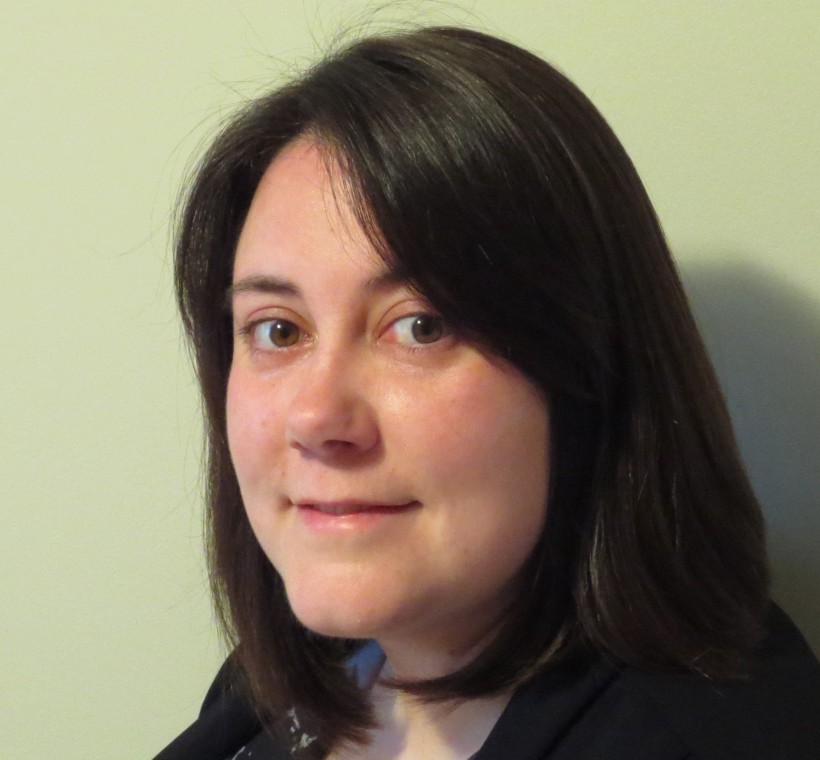As revenue growth accelerates at Atlantic Canada’s startups, something is permeating the community that hasn’t been there before – a sales culture.
More and more frequently, the discussion in the startup community is concentrating on the need to teach young companies and young people how to sell things. There are new programs focusing on sales. There’s mounting pressure on colleges and universities to devise new curriculum. There is an ever louder debate on how sales should be taught and how to change the image of sales as a profession.
“Sales is definitely a pain-point in our sector,” Emily Boucher, Director of Marketing and Research at Digital Nova Scotia, said in a recent interview.
“We’re trying to help fill the gaps we can for the startups and SMEs (small to medium-sized businesses) among our members.”
Digital Nova Scotia recently began piloting a sales development program in Halifax for SMEs. The program aims to help participants focus on issues such as generating cash flow, attracting investment, developing strategic partners, accelerating sales, and building professional networks.
Boucher said the pilot program, titled Navigating New Channels: ICT Sales Strategy Bootcamp, teaches participants to consider five key questions associated with channel development. These are: Who are the influencers that can have the greatest impact on your business? Where will you find them? How will you leverage them to gain the biggest reach with the least effort? What trends are you uncovering that impact your plan? What can be improved this week?
“Our program is about executing,” Boucher said. “The focus is on the participants themselves using their own companies as case studies.”
QRA Joins Canadian Scale-up Program
Sales curricula are also entering business programs like the Masters of Technology, Entrepreneurship and Innovation at St. Mary’s University. In July, the University of New Brunswick at Saint John added its first sales course in its MBA program. A pilot project, the program includes a special course called Sales. If students rate it highly, it will probably be offered again. The nine-week course draws heavily on mentorship from the private sector, inviting people with sales experience to discuss the components of sales like negotiation, problem-solving, communications and emotional intelligence. It also delves into sales ethics.
“The point is not to train people to become sales people,” said Chris Weir, the EY executive who leads the course. “When people leave this course, they will be armed with knowledge and information, not sales skills. What I hope to do is give the students an appreciation for sales, the importance of it, the professional nature of it.”
Courses like this are needed to prepare students for the modern work force and help them understand the rewards of a career in sales.
“Many youth are unaware of sales, and some are intimidated by it. Negative stereotypes, such as the used car salesman, persist,” Chantal Brine, Vice President, Youth Employment at the Halifax-based personnel search firm Venor, said in a recent interview.
Sales is a high rejection business admits Brine’s colleague, Tracey Kieley, Senior Consultant in Sales and Marketing at Venor.
“It’s a mental game, every day there’s head trash. The phone can feel like it weighs 20 pounds and you have to pick it up and make the call. To be a good sales person, you need drive, passion and understanding of what sales is.”
What sales is, is solving someone’s problem.
“When sales people find the right culture and product they flourish,” Kieley said. “Belief in oneself and the product or service you are selling is key.”
Brine said the millennial generation (those born roughly between 1980 and 2000) can find sales particularly frustrating because they grew up with the instant access afforded by technology.
“Sales and business development can be hard,” said Brine, who is a millennial herself. “You’re going to get rejection…that and instant access and gratification don’t necessarily align.”










